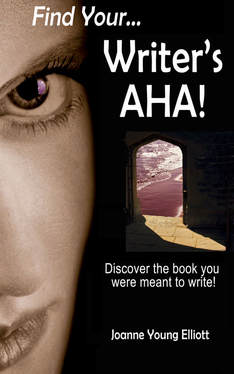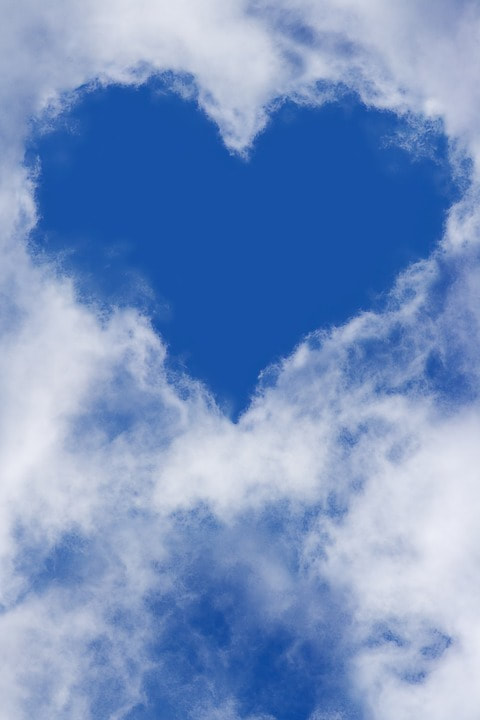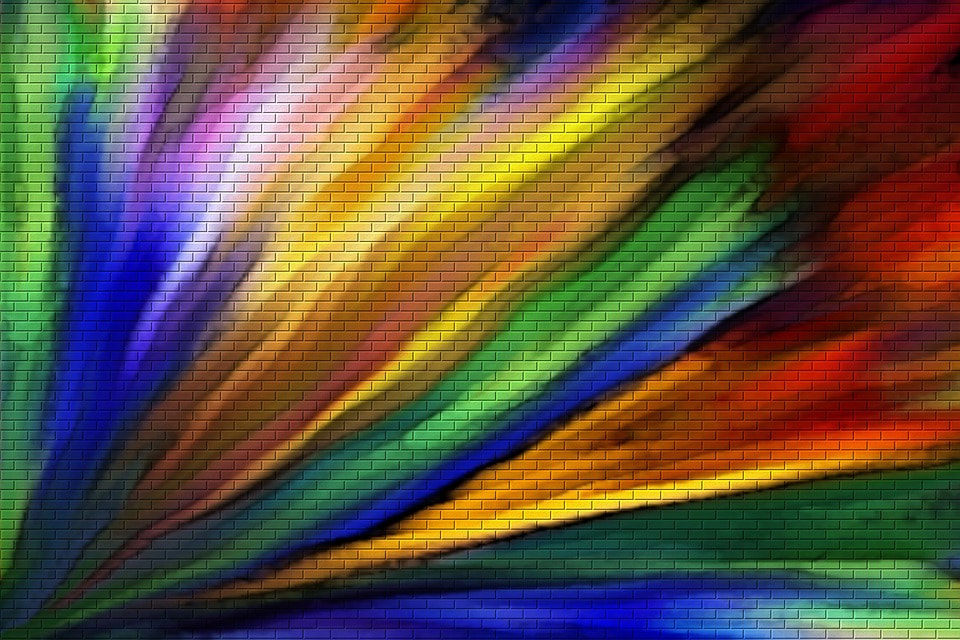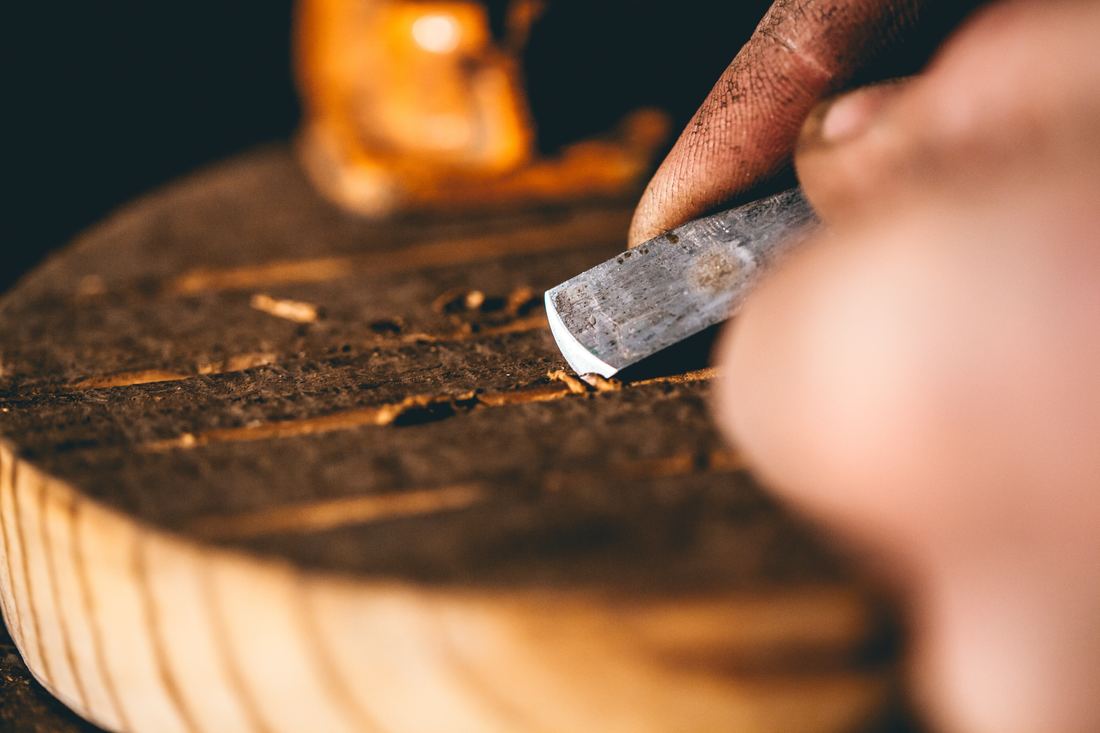|
(This excerpt and much of the book can help you tap into your creative mind which is helpful not only in writing but in creating your life. If you're looking for answers, creating space for ideas will help you find them.)
So what do I mean by making space? Why do I call it the unknown frontier? A definition of space is a continuous area or expanse that is free, available, or unoccupied. So I mean for you to free up your time and your mind. By doing this you make yourself available to the new or the old ideas that got buried under years of “have-tos” and “shoulds”. It’s the unknown frontier because you don’t know what’s going to show up. Not knowing freaks many people out. We don’t always like to wait for inspiration and sometimes we don’t have to wait. Sometimes it just appears. But there are other times when we need to be patient and keep from filling up our lives and minds with too many tasks and thoughts. I’m not advocating for you to do nothing at all, though you may need many moments of that. You can experience new insights while you’re writing, as well as by staring out a window. What I’m making a case for is relaxing and allowing your ideas, your own intuitive guidance, to rise up. Sometimes we get desperate when we can’t come up with an idea. That desperation is not conducive to contacting your subconscious. Sometimes we just want to avoid thinking about it all and so keep ourselves busy. And sometimes we fill our minds with the tasks yet to be done or replay past regrets. We have a tendency to fill our lives and minds up when we’re afraid. It’s a way of avoiding the real work because we’re afraid we’re aren’t good enough or will never have a good idea. But I promise you are full of good ideas as well as bad ones. Our minds are idea-making machines. Thinking is what our brains are wired to do. So don’t think that you could ever be empty of ideas. You also don’t have to worry about following a bad idea. If something doesn’t look like it’s going to turn into what you hoped, you can always stop working on it and wait to see if the space you give it brings you another way of viewing it, of making it work. You can also just leave that project and work on another. There is no failure – only experimentation. Sometimes ideas seem great in our heads, but when we flesh them out, we find they don’t work. It’s okay. That’s the life of a writer and of anyone trying to turn ideas into realities. As I mentioned above, space is good for your current projects and not just for coming up with new ones. That space can help expand your ideas and bring new insights that may make your project better. Just don’t put too much space between you and your work. If you do, you can lose track of your thoughts about it. When you give space to your work, you need to be aware of your motives. Are you doing it to make it better or are you afraid it won’t be good enough and so are procrastinating? If you find you do this over and over and never finish a project, you are letting that nasty perfectionism win. First drafts don’t have to be perfect. But if you are ever going to move forward on your project, you have to get it written. Leave the polishing for later. As I write this book, which will be my first published book, I’m being challenged by perfectionism. Since I was small, perfectionism has plagued me. It has killed many projects. I let it. It won’t kill this one. This is one of the things I’ll talk about in the “Healing Your Stuff” section. When we take a step out of our comfort zone or when we put ourselves out there in some way, resistance will rise within us. Think about any of the new things you’ve tried. Did you feel afraid? Did you think you wouldn’t be good at it? That’s only natural. You may feel these things, but you have to understand that you have the power to override them and keep going. As you work on something new, you’ll get better at moving through your doubts. Your confidence will build and you will finish. But first you need your idea. And to get that you need space. The Writer's Aha! is available on Amazon for $0.99. In it you'll discover ways you can tap into your subconscious for ideas. The suggestions in this book promote both mindfulness and mindlessness. They encourage you to slow down and create space in both your head and your life. Space is the key to uncovering your best ideas for a book or anything else you create, including a life you love.
0 Comments
2/20/2018 0 Comments Closer to the HeartLet yourself be drawn by the stronger pull of that which you truly love.
– Jalaluddin Rumi A few days ago I was watching a documentary about the band Rush. I love to learn about the creative process of writers, artists and musicians. One thing that stood out was how they stayed true to themselves even when they weren’t sure what was coming next or if what was next was strange and difficult. They followed their hearts. It takes courage to do this. When everyone is saying it’s too weird or it won’t work, you have to keep true to your vision. The members of Rush described the many times they sensed things were changing. They understood the current way of doing things needed to end to make way for something new. Those transition times and albums were difficult, but they trusted the process and kept moving, creating, imagining the next thing into existence. Rush fully trusted the creative process. They let things run their course and had help to bring things closer to their heart when they strayed too far. And when it was over, they let it be. It does feel as though there is a natural course to things. Often we ride it longer than it wants to be ridden because we like the high of success. But this can damage what we created, and it can damage us. We are the flow of the Universe. Our heart’s desires are the desires of greater Being brought down to earth. When we let the creative process have its way with us, there is no waiting on wingbeats and stars because we have become inspiration living out its destiny. The closer to our hearts we remain, the greater our creations will be. 2/13/2018 0 Comments Creation is an Act of AwarenessArt is the essence of awareness. ~ Louise Nevelson We cannot draw the door to our bedroom from an abstract idea of door. We end up with a rectangle with a circle in it to represent the door knob. It’s a door, but it’s not the bedroom door with its four panels and wood grain surface to give it texture. It’s possible to create a rendering of a door based on the doors you have seen and create something more realistic. Your creation would be based on what you had experienced. Your ability to be present with what is right in front of you gives you what you need to create. Creation is an act of awareness and what you create is the essence of awareness as Louise Nevelson says. The thing is it takes courage to be present with what is. What is isn’t always pleasant or pretty. But it is real. If we pay attention to it, it brings us into the moment and into our bodies. And if these things aren’t working for us right now, we sometimes want to avoid them, ignore them, escape them. By not relating to what is right now just because it’s painful, we become numb and lose our ability to stay present. This is the antithesis of creation. Avoidance has been a practice of mine. I don’t always have the courage to be with what is. And this practice has made life unmanageable at times. It’s left me bereft in terms of my creativity. Anytime I stepped into the present to write a poem about what I saw, what I didn’t want to face would rise and I would shut down. If I practice avoidance too much, I don’t feel like being creative at all. In the past couple of years, I’ve made it a practice to face my fears and worries at some point. I don’t always rush in. I breathe and take baby steps. I take my time, but I get there, usually. And this has helped me be more creative. Creation begins with awareness, whether it is a sky of roiling clouds or a mind of worries that becomes the object of our attention. What is in front of us can be transformed by our creativity, but we need to first bring our awareness to it. The poem I write may begin with wind rustling the leaves of the tree in my front yard. My awareness allows it to be transformed into a memory of the first time I danced or sparks the idea of being moved by Spirit. Either way, I get there via what is right in front of me. The thing before me becomes a metaphor as I place my attention on it or what I create brings alive my experience of it. To create is to transform what we see, hear, feel. Anything we don’t like about our lives can become something else. But first we must be aware and living in it fully. This is the only way to tap into the possibilities alive in the situation and in us as we experience it. Creation begins in awareness, is grounded in the moment and comes to fruition after processing our experience through the heart and subconscious mind. Our lives and art are our greatest work. The ability to create is both a gift and an invitation to connect to others and the Divine. Go then and make of the world something beautiful, set up a light in the darkness. ~ from Awakening Osiris, The Egyptian Book of the Dead as translated by Normandi Ellis 2/6/2018 2 Comments The Hands of My FatherI can see them now, weathered and slightly bent with arthritis after years of making and building. My father held possibility in his hands.
We are all makers, creators fashioning a poem, a painting, a song, a cabinet, a life. We all live on the edge of creation and our hearts, minds and hands play a role. Some say we are the hands of the Divine, a way for creation to unfold in ever more beautiful and complex ways. As we were created, so we create. And what compels us to will something onto a blank canvas or form something from a lump of clay? We see beauty and desire to bring more of it into the world. Something inside us wishes to be brought forth. Or perhaps it’s our very soul unfolding as a rose slowly unfurls to know the light and express its essence. I played in the sawdust left by my father’s making. It was soft and I can still smell its freshness. As parts of the wood became dust the rest began to look like something. Before I was born the wood that passed through his hands became our house and later it became boats used to reach our island cabin, a rocking elephant painted in full parade regalia, simple toys like a car and airplane. His hands picked up markers and made beautiful letters on paper, letters that became dozens of birthday cards with drawings of the latest animated characters or puppets. Paint brushes passed through his hands as he painted his wooden creations, a giant crib board that served as a bench, our tables, couch and chair, a cousin’s crib and dresser. His hands carefully held brushes that styled letters for business signs. And when I was small, his hands held me, an expression of him, my mother and the Divine. But one day his hands began to shake and the making became nearly impossible. I saw and felt his frustration. What does a maker do when they can make no more? My father taught me to take time every day to create, to make, to express the gifts you are given. And so here I sit and write and make something for you to read, something I hope inspires and moves you to pick up that pen or clay or paintbrush. At this moment you stand on the edge of creation. What will you make? I came across this quote from Ray Bradbury that I had to share. He definitely had the heart of a maker. Everyone must leave something behind when he dies, my grandfather said. A child or a book or a painting or a house or a wall built or a pair of shoes made. Or a garden planted. Something your hand touched some way so your soul has somewhere to go when you die, and when people look at that tree or that flower you planted, you’re there. It doesn’t matter what you do, he said, so long as you change something from the way it was before you touched it into something that’s like you after you take your hands away. The difference between the man who just cuts lawns and a real gardener is in the touching, he said. The lawn-cutter might just as well not have been there at all; the gardener will be there a lifetime. ~Ray Bradbury |
Waiting on Wingbeats & Stars
News of my latest published works and other musings. Archives
March 2018
Categories |




 RSS Feed
RSS Feed
